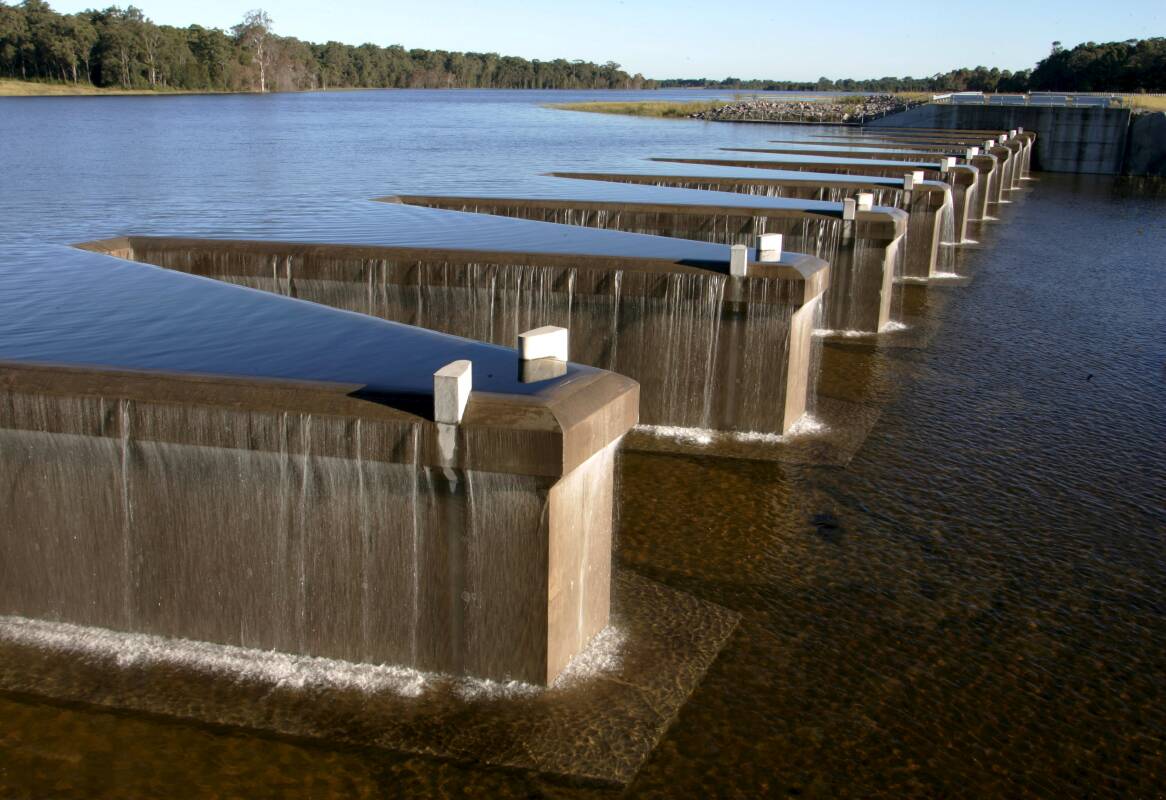
The build-up of a naturally occurring compound produced by certain algae and filamentous bacteria is causing some areas served by the Newcastle water supply to have earthy or musty-tasting and -smelling tap water, Hunter Water has said.
The utility said in a statement Thursday afternoon, March 28, that the compound is safe and there is no risk to public health. The water should clear within a few days, but residents have been warned that it may have a distinct taste and smell.
"Hunter Water is aware of the increase in a naturally occurring compound known as MIB (Methyl-Isoborneol) in some parts of the water supply network, which can cause water to have an earthy or musty taste and odour," the utility said.
"Although this compound, and another called geosmin, are harmless and the water remains safe to drink, human senses detect tastes and smells in the water at very low concentrations."
Hunter Water said it would dose the city's water supply with powdered activated carbon at its Grahamstown water treatment plant to remove the MIB compound.
"When MIB or geosmin is noticeable, customers can chill water in the refrigerator to improve the taste and reduce odours," the utility spokesperson said.
The compound, interestingly, is the same that causes the muddy or dirt-flavour common in catfish and crawfish.
The city's water supply is primarily sourced from Grahamstown Dam near Raymond Terrace, where water is pumped from the Williams River via the Seaham Weir through the Balickera Canal north of the dam and then treated at the Grahamstown Water Treatment Plant near Tomago. The plant also takes in water from the Tomago Sandbeds and can process up to 257 megalitres a day (an amount that could fill roughly 103 Olympic swimming pools).
The water is purified and disinfected at the treatment plant to meet Australian guidelines to remove microbes that cause disease before a tiny amount of fluoride is added per state guidelines to help maintain dental health.
There are trace amounts of roughly 30 different elements in the water in the water, including about 51mg per litre of calcium carbonate (a chemical that indicates water hardness) that makes it slightly softer than the water at Lemon Tree Passage (about 66 mg per litre) and at Gresford (about 78 mg per litre).







